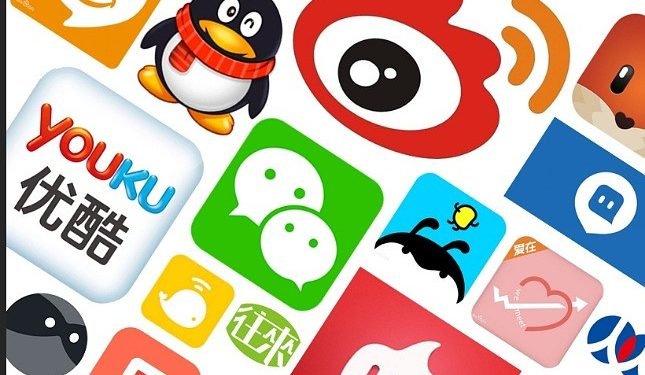Writer: Zhu lei – Magister Technology of Management President University
China is huge and thus the Chinese market is a complicated one in the sense that there are countless producers. Yes, merchants are selling everything you need for life here. Meanwhile, the legal system to protect consumers from fake goods is not yet as fully developed as in the West.
Many consumers have been cheated with counterfeit products, fake reputable brands, and domestic brands that are expensive but of poor quality. Accordingly, they become paranoid and cautious toward less recognized or unbranded products.
Additionally, Chinese people buy brands not only for the functions they have but also to reflect their social status. Moreover, they improve how other people perceive them. Chinese consumers are willing to pay more if the brand can bring them prestige and respect in their social circle. That’s why luxury consumer products enjoyed such phenomenal growth in China for the past 2 decades.
Brand awareness should be your priority of focus if you are new to China. So, how to increase your brand awareness?
Social media marketing is of paramount importance to build e-reputation in China 95% of people who live in large Chinese cities have an account with at least one social network.Not only that, but China’s social media users are far more active than in other countries. With 91% of them saying they had visited a social app site in the past six months.
Social networks also have a larger impact on the buying decisions of Chinese consumers than on those of any other country.
If a Chinese consumer sees a product being discussed positively on an SM, especially by a friend or acquaintance, they are far more likely to actually purchase the product than their counterpart in other countries. Peer recommendations have a huge influence on Chinese culture, as formal institutions are less likely to be trusted.
China’s social network landscape is fragmented and sophisticated. Today, we are taking a deeper look at WeChat and Weibo in comparison as well as other more niche and specialized platforms so that brands have an overall picture. For a better deep dive into all major Chinese social networks, please, these are Chinese Social media where we look at all the marketing features of these channels like:
1. Wechat
WeChat is the most powerful APP in China. It is a personal messaging app, social media platform, online payment tool, online shopping place, and more; all included in just ONE app. WeChat’s ambition is to integrate itself into every aspect of the daily life of customers. It is helping them perform different activities without leaving the app.
2. Weibo
Meanwhile, Weibo is a more open platform where users come to socialize with friends and new people. To entertain themselves, they watch videos as well as discover trendy topics or hot social information. Celebrities, famous bloggers, media outfits, government departments, and ordinary users all create and share content on Weibo, making it a very bustling and exciting social hub to hang out.
3. Xiaohongshu
Xiaohongshu is often called “Chinese Instagram” because the core of the platform lies in user-generated content. The app was created mostly for women and they are the main audience, making it a perfect platform for beauty, lifestyle, and fashion content. Xiaohongshu is very popular among Chinese influencers, it also offers e-commerce services etc.
4. Douyin / Tiktok
Douyin is a fairly ‘new’ revelation in the Chinese social media landscape. This short-video app, known as TikTok outside of China, managed to climb to the place of the second most popular social media platform in the country. Douyin is popular thanks to fast, funny content but it also offers many business features for brands wanting to target their Chinese audience with the use of short-videos.
5. Xueqiu (Snowball): Equity & Finance Social Network
Founded in 2010, Xueqiu is the one-stop platform to discuss and learn about a wide range of financial services. This could be the ideal platform for foreign companies in the financial or real estate industries that want to enter the Chinese market and reach out to target Chinese consumers.
6. Keep: The Hub of Health and Fitness Enthusiasts
Launched in February 2015, Keep is a platform dedicated to the health and fitness niche. This platform is a great choice for international companies and brands that want to take part in the rise of the fitness industry in China market and create relevant sports marketing campaigns.
7. Mafengwo: Chinese people’s favorite tour guide
As Chinese travelers are increasingly sophisticated and knowledgeable, they prefer to create their own unique travel experiences. Many navigate to Mafengwo to help them plan their trips. For businesses in the tourism industry, this is the ideal place for marketing in the Chinese consumer market.



































